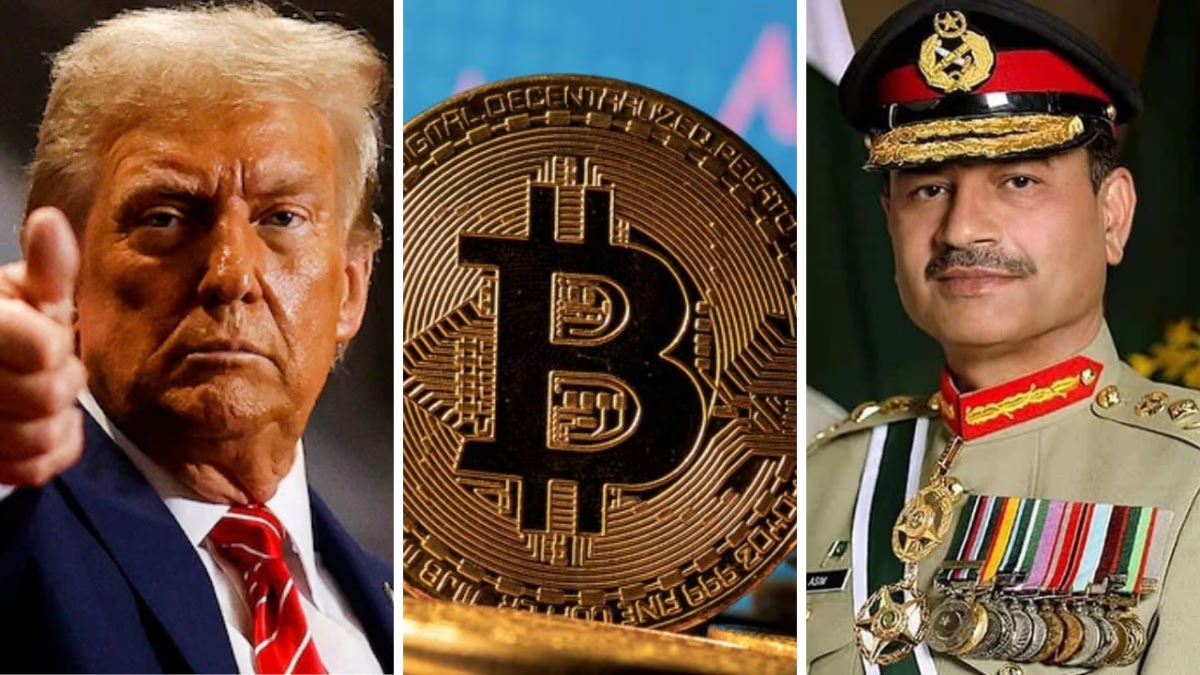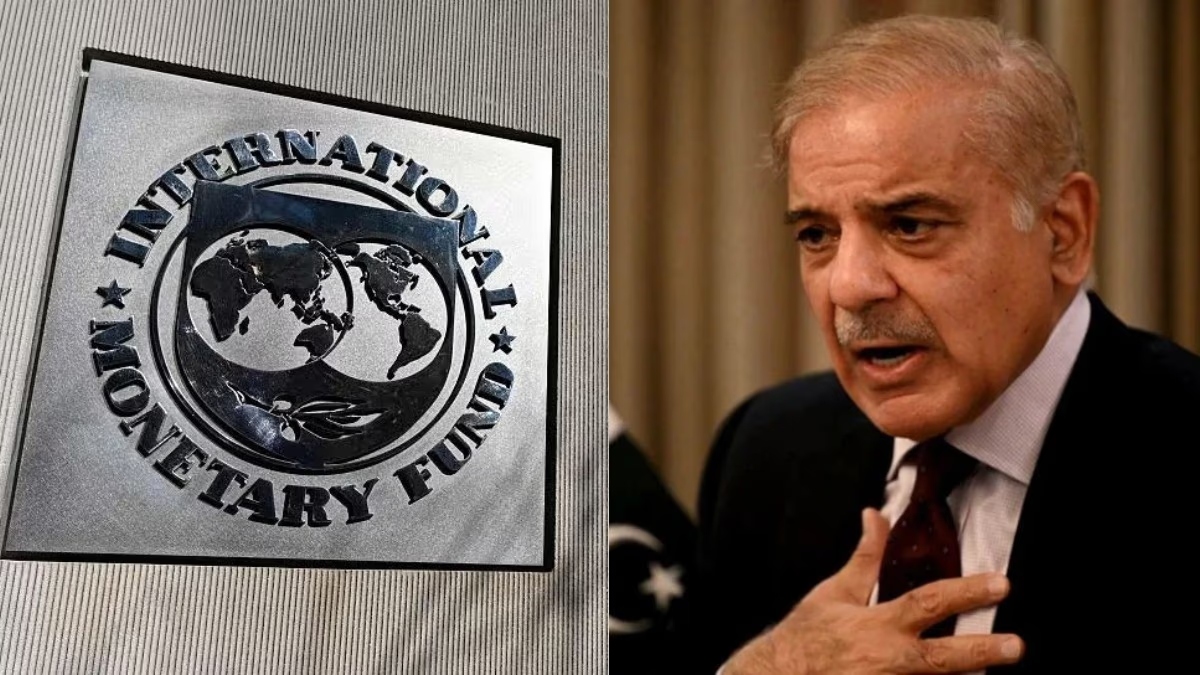Embattled by financial crises, Pakistan is turning towards cryptocurrency. Previously reliant on IMF bailouts and Chinese financial assistance, Pakistan is now exploring opportunities in digital currencies, sparking numerous questions. Cryptocurrency was entirely banned in PAK before this sudden interest in digital currencies arose.
Currently, PAK's economy suffers from inflation, declining foreign reserves, and a growing trade deficit. Recently, Pakistan secured $1 billion in aid from the IMF, with a condition to broaden the tax network and formalize the informal economy. As part of this, crypto assets have also been brought under regulatory supervision.
Official Claim or Geopolitical Conspiracy?
According to a report by Business Today, Pakistan claims this move is to encourage fintech innovation, empower youth, and improve the flow of remittances. However, experts believe geopolitical motives may be at play, which shouldn't be ignored.
FATF Scrutiny and Terror Financing Risks
Pakistan has made numerous efforts to escape the Financial Action Task Force (FATF) list, but India and Western nations have repeatedly raised concerns over terrorism funding. Pakistan faces allegations of financing terrorism and money laundering, raising the danger of using cryptocurrency for money laundering and terror financing.
Cryptocurrency is infamous for its opacity and decentralization. Under these circumstances, adopting cryptocurrency becomes a concerning issue. Analysts have warned that Pakistan's pivot towards crypto could open new pathways to evade sanctions and transfer funds beyond the reach of global monitors.
The Trump Family and Pakistani Military Connection...
An astonishing event surfaced at the end of April. The Pakistan Crypto Council (PCC) struck a deal with the American firm World Liberty Financial (WLF). Curiously, WLF has a 60% stake owned by Trump's sons Eric and Donald Junior, alongside his son-in-law Jared Kushner.
What should have been a routine fintech partnership became a subject of geopolitical contention. The presence of Pakistani Army Chief General Asim Munir at the signing elevated it beyond a standard business deal, suggesting strategic undertones rather than a mere blockchain venture.
Trump's 'Peace Proposal' After Kashmir Attack
Just days after the WLF-PCC deal, on April 22, a terrorist attack in the Indian city of Pahalgam resulted in the deaths of 26 tourists, rekindling hostilities between India and Pakistan. Amidst this, Trump proposed 'peace mediation,' urging trade over warfare, and praised the leadership of both nations on the Truth social site for averting war.
This timeline of events cannot be ignored. First, a business deal was set in a familial atmosphere in Islamabad, involving Pakistan's top military official, followed swiftly by Trump's diplomatic self-congratulations, sparking intrigue.
While Pakistan claims its crypto initiative aligns with FATF guidelines, experts point to global examples of misuse.
'Bitcoin Shakers' Model
The 'Bitcoin Shaker' model was pioneered by Hamas, using cryptocurrency to raise funds and bypass international financial oversight via money laundering. Terrorist organizations like Izz ad-Din al-Qassam Brigades have utilized Bitcoin donations and decentralized exchanges to obscure transactions and fund terrorist activities.
Is Pakistan Embracing the Hamas Model?
Experts believe Pakistan's approach to crypto aligns with Hamas's 'Bitcoin Shakers' model, utilizing digital currencies for terror activities. Organizations like Hamas have hidden funding sources through Bitcoin donations and privacy coins.
Despite global actions, like asset seizure by Israeli and American officials, these methods have evolved and proliferated. For nations like Pakistan, crypto now presents a next frontier to evade sanctions. PAK has historically excelled at using hawala networks and shell companies.
Pakistan's ability to transfer funds beyond traditional banking oversight through decentralized platforms raises serious security concerns for India's and global financial stability.
Pakistan's Crypto Agenda...
- Economic Diversification:
With dwindling alternatives, especially through Trump-associated business interests, attracting foreign capital is strategically shrewd.
- Financial Flexibility:
Establishing alternative channels to bypass traditional financial systems under Western scrutiny.
- Strategic Leverage:
Deepening relationships with the US through Trump family businesses to bypass diplomatic isolation.
- Covert Funding:
Utilizing digital currency for terror financing while avoiding traditional financial scrutiny.
Trump and Pakistan... Economic Partnership or Security Threat?
Trump's peace mediation claim and his family's crypto deal have caused unease in both Washington and New Delhi. Although neither Trump nor his family has commented on the deal's impacts, the situation speaks volumes. The question arises whether Pakistan's crypto enthusiasm, under IMF and FATF scrutiny, opens a new terror financing pathway?
Currently, Pakistan's crypto maneuver is either an attempt to tackle its economic crisis or a new terror funding tool. The deal involving the Trump family and the presence of Pakistan's military chief has further complicated the geopolitical aspects of this move.




